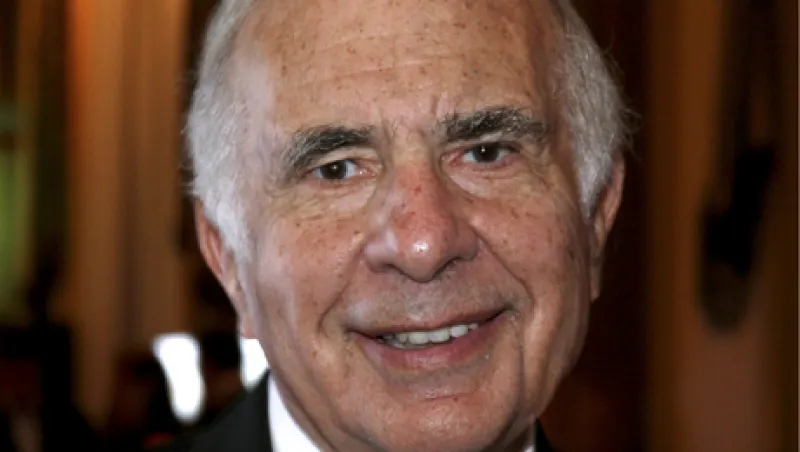
Is Carl Icahn Losing His Mojo?
Carl Icahn’s withdrawal from the proxy fight with chemicals company Clorox has shocked many. But his fearsome reputation is not what it once was. Icahn needs a win soon.
Stephen Taub
September 27, 2011



